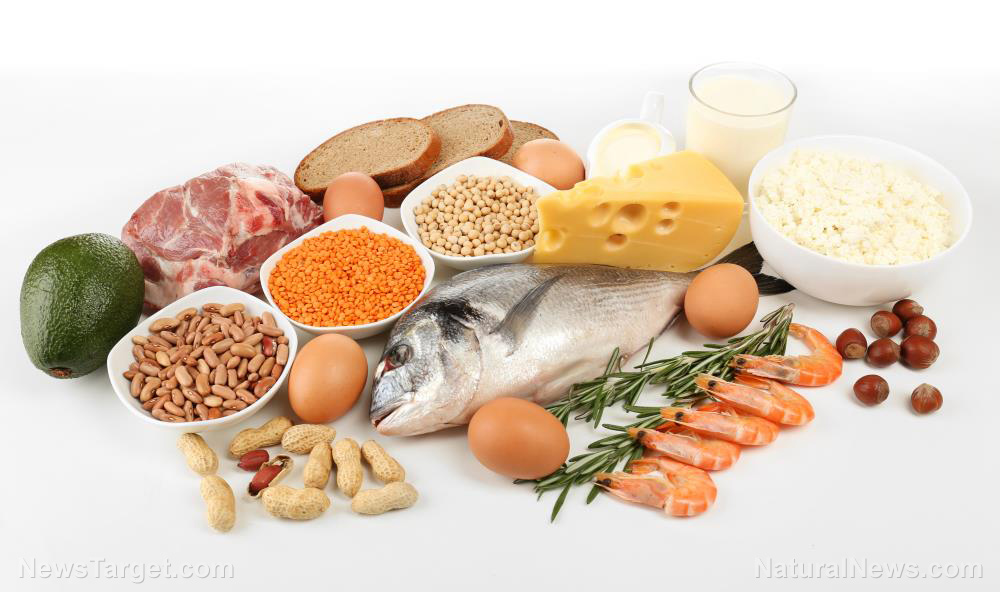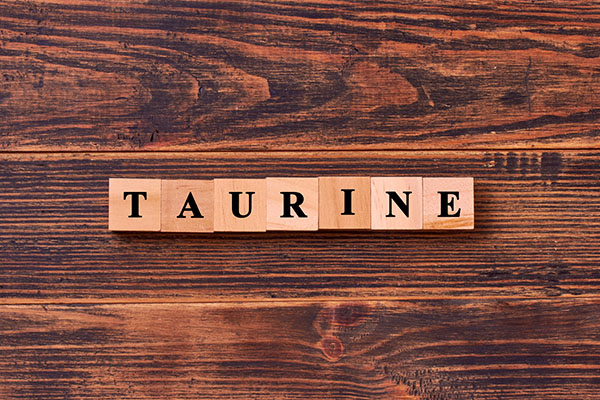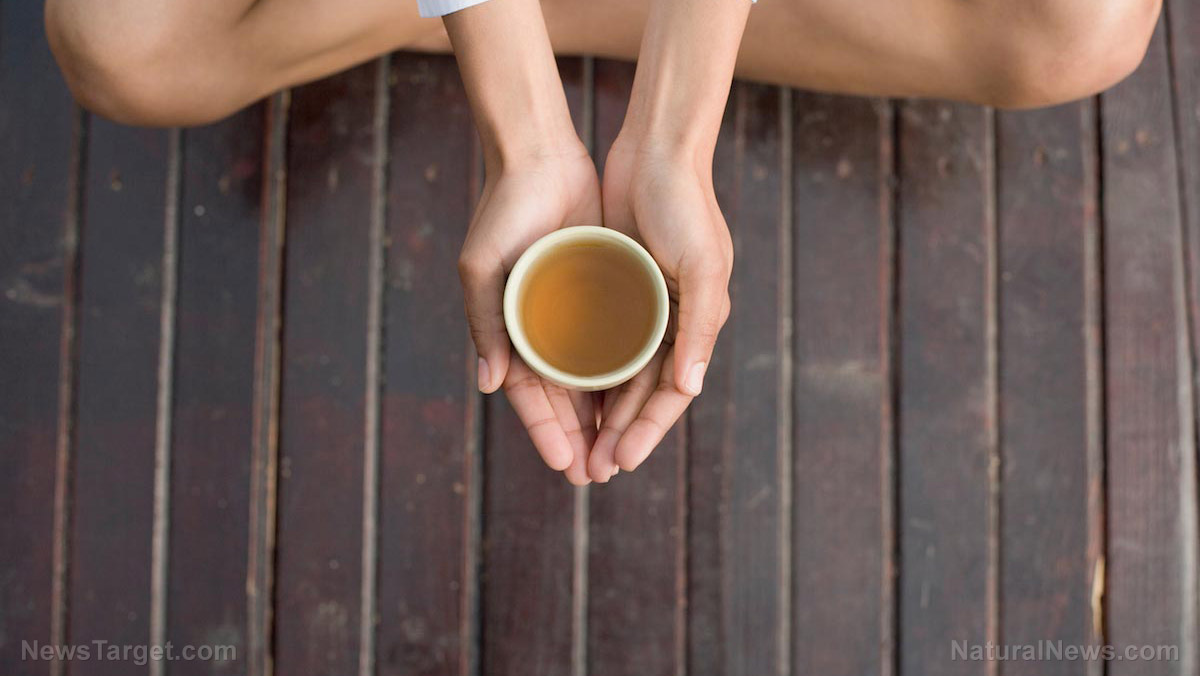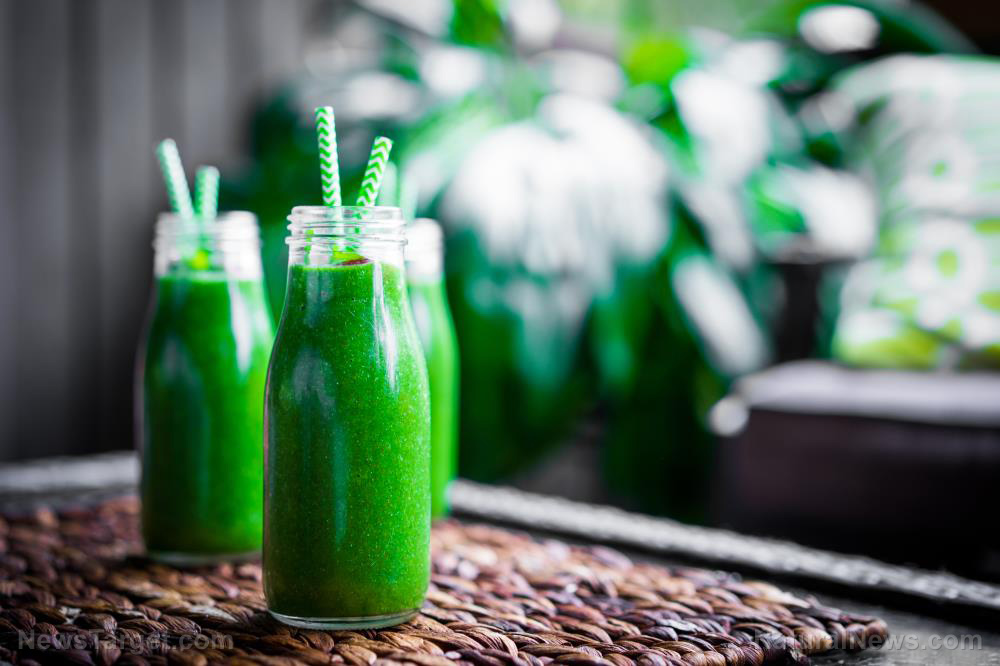
Sarcopenia: Known causes and prevention methods
Sarcopenia is also known as age-related muscle loss. It is a common condition seen among older people and affects 10 percent of adults who are over the age of 50. People who suffer from sarcopenia experience loss of muscle function – muscle strength is reduced by about 3 percent per year – which results in the inability to perform routine activities. Sarcopenia not only decreases a person's quality of life, it also decreases their life expectancy.
Sarcopenia has many causes – cancer or chemotherapy are among those – but the most common (and preventable) factors are the lack of exercise and poor nutrition. Older adults spend most of their time doing sedentary activities. This lack of physical exertion speeds up muscle breakdown and dysfunction, which eventually leads to sarcopenia and osteoporosis. Insufficient consumption of protein and other nutrients also contributes to the loss of muscle mass as proteins are necessary for the growth of muscles.
According to the International Osteoporosis Foundation, sarcopenia can be prevented by three things: An active lifestyle, proper nutrition, and supplementation. Research shows that resistance training combined with aerobic exercise help maintain muscle mass and slow the progression of sarcopenia. Resistance training benefits the neuromuscular system; in particular, protein synthesis and hormone production. Both of these processes, once impaired, are said to contribute to muscle degeneration. Aerobic exercise, on the other hand, also increases protein synthesis.
Adequate nutrition is important not only for the maintenance of overall health, but also for the performance of physical activities. Protein, in particular, is needed by adults to reinforce muscle mass. The recommended daily protein intake for people with sarcopenia is 1.2-1.5 g/kg body weight, a slightly higher value than the normal 0.8 g/kg body weight. However, diets rich in acid-producing foods like meats and cereal grains should be tempered with non-acid-producing foods like vegetables and fruits to effectively treat or prevent sarcopenia.
When it comes to supplementation, creatinine and vitamin D supplements work best for older people. Creatinine effectively aids in muscle development when coupled with resistance training, while vitamin D is important for maintaining muscle strength and physical performance.
Male cancer survivors have a higher risk of sarcopenia, but high energy intake protects against it
In the study, researchers hypothesized that sarcopenia would be more prevalent in cancer survivors and that it is associated with dietary intake. To test their hypothesis, they compared the nutritional intake and body composition of cancer survivors with those of healthy individuals using data from the Korean National Health and Nutrition Examination Surveys conducted from 2008 to 2011. Their study included 259 adult cancer survivors and 1,295 healthy participants.
The researchers considered skeletal muscle mass below the cut-off value of < 6.58 kilogram per squared (kg/m2) for men and < 4.59 kg/m2 for women (adjusted for height) as their basis for sarcopenia. They found that the prevalence of sarcopenia was higher in non-obese male cancer survivors (32.6 percent vs 16.0 percent, P=0.034) than in healthy individuals. On the other hand, sarcopenia was more common in obese female survivors (35.1 percent vs 15.0 percent, P=0.005) than their healthy counterparts.
Using multivariable logistic analyses, the researchers identified three factors: age increase by one year, male gender, and lower BMI to be significantly associated with an increased risk of sarcopenia. However, they also discovered that increasing the energy intake from food by 100 kilocalories (kcal)/day has a protective effect against sarcopenia.
Based on these results, they concluded that male cancer survivors have a high risk of sarcopenia – especially when they are not obese – but a high dietary energy intake could prevent the development of this disease.
Sources include:
Please contact us for more information.























